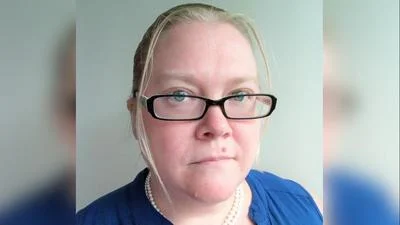Franciscan Health Plainfield Health Center recently issued the following announcement.
Screening Is First Line Of Defense To Detect And Treat Colorectal Cancer
Colorectal cancer may not be on your short list of great conversation topics. Yet, discussing how to screen for the disease with your family doctor could be a lifesaving decision.
Colorectal cancer screening can detect precancerous growths, or polyps and allow them to be removed before they have a chance to transform into cancer. Polyps and even cancers can grow silently and cause no symptoms which is why screening is encouraged even if you are symptom free. Among cancers that affect both men and women, colorectal cancer (cancer of the colon or rectum) is the second leading cause of cancer deaths in the United States.
"Colon cancer screening with colonoscopy is a potentially lifesaving procedure that should be performed on any person age 45 or older, regardless of whether or not they have symptoms or problems. It is the only procedure in which polyps can be both detected and removed," said Dipen Maun, MD, a surgeon with Franciscan Physician Network Indiana Colon & Rectal Specialists Mooresville. "This should be done at a younger age if there is a family history of colon polyps or cancer. Please consult your doctor to determine the best age to start screening."
The American Cancer Society also recommends screenings starting at age 45. In 2020, a new Indiana law required insurance companies to cover colonoscopies at that age instead of the previously recommended 50.
Polyps can be detected during a sigmoidoscopy or colonoscopy. A sigmoidoscopy allows the physician to examine the last 6 to 8 inches of the colon, usually in an office setting, while a colonoscopy enables the physician to examine the entire colon. Colonoscopy and sigmoidoscopy are the only procedures that can diagnose polyps and also remove them, the most effective way to prevent colon cancer.
While age and family history of colorectal cancer and polyps place people at greater risk for colon cancer, other risk factors also include a history of other cancers, ulcerative colitis or Crohn’s disease. Certain lifestyle factors such as smoking, drinking, low fiber diet and sedentary lifestyle can also lead to a greater risk of colon cancer.
Original source can be found here.





 Alerts Sign-up
Alerts Sign-up